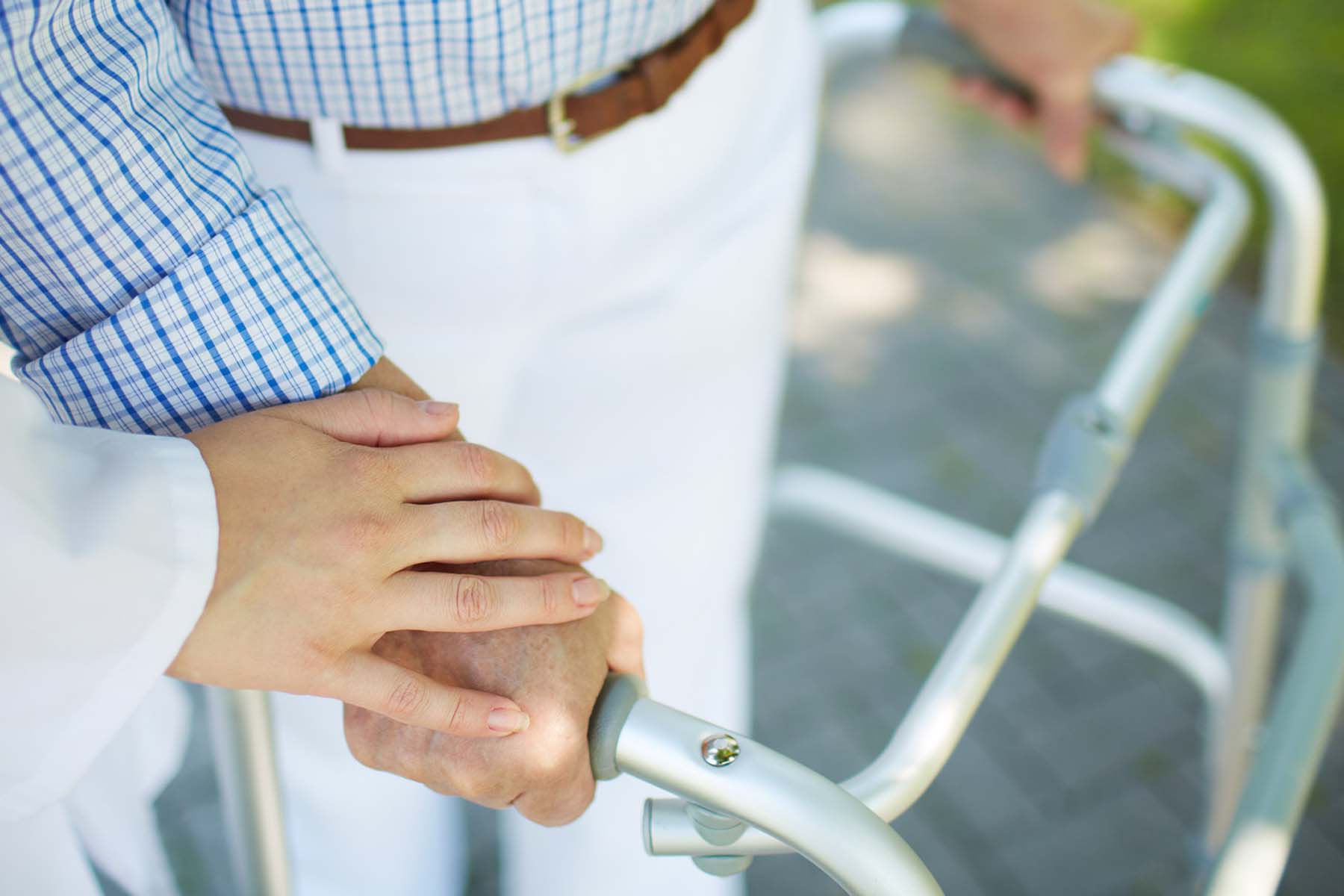Fall Risks and Prevention
It is expected the those aged 85 and over will number 19 million in the United States by 2050. That would make them 24 percent of elderly Americans and 5 percent of all Americans. Along with that growth comes a growing risk of senior falls. In the US, about one in four seniors report falling each year, according to the CDC. More than 60% of individuals who fall will fall again within six months. The California Department of Public Health estimates that the number of seniors aged 85 or older who died as a result of a fall more than doubled in the last decade.
Why this increase? Balance declines with age. Many factors contribute toward increased fall risks. These include: osteoporosis, sudden decrease in blood pressure, loss of muscle strength, stroke, arthritis, illness, diabetes and medications that cause dizziness. In addition, home safety hazards such as stairs and throw rugs are cited as issues.
The good news is that there are simple ways to prevent most falls. One way is by taking care of your overall health. Other ways to reduce fall risks include:
- Have a bone mineral density test. If your bones are weak, ask your doctor to tell you how to make them stronger. Mild weight-bearing activities, such as walking or climbing stairs, may slow bone loss from osteoporosis.
- Stay physically active. Follow a simple and consistent exercise program. Regular exercise makes you stronger and improves muscles. It also helps keep your joints, tendons, and ligaments flexible.
- Make an appointment to have your eyes and hearing checked. Small changes can increase your risk of falling without your knowing. If you do get new glasses, take time to get used to them. If you have a hearing aid, make sure you wear it.
- Find out about the side effects of any medicine you take. If a drug makes you sleepy or dizzy, tell your doctor or pharmacist.
- Get enough sleep. Being sleepy, makes you more likely to fall.
- Stand up slowly after eating, lying down, or sitting. Getting up too quickly can cause your blood pressure to drop. That can make you feel faint.
- Use a cane, walking stick, or walker to help you feel steadier when you walk. This is very important when you’re walking in areas you don’t know well or in places where the walkways are uneven.
- Wear rubber-soled, low-heeled shoes that fully support your feet.
- Remove throw rugs in your home as they can be a tripping hazard.
- Make your bathroom safe by installing grab bars around the tub and beside the toilet and using non-slip mats.
- Request a home safety inspection from Help at Home Senior Care, the leading provider of Reno, Nevada senior care and care throughout the surrounding areas.
Above all, take precautions, and remain as active as possible. Preventing falls will keep you healthier longer.
For additional information about our Help at Home senior services, contact us today at 775-507-3111. For a full list of all of the communities where we provide care, please visit our Service Area page

